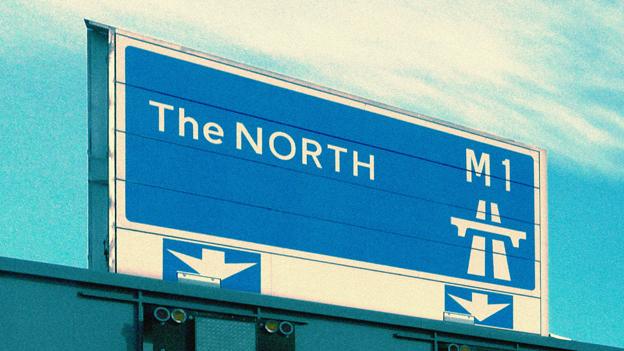New 'growth deal' for north Wales is gaining momentum
- Published
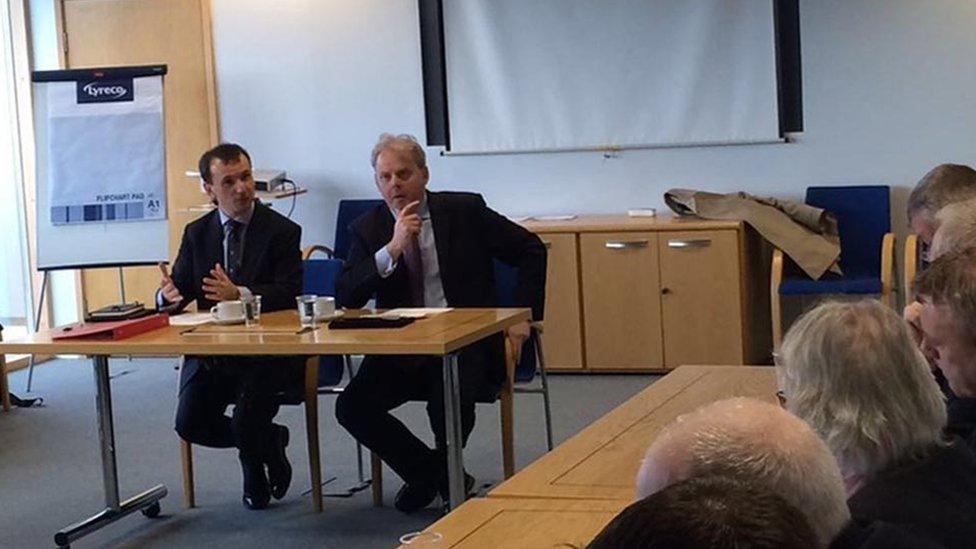
Welsh secretary Alun Cairns and Welsh office minister Guto Bebb meet north Wales regional leaders on Wednesday
The day after news broke of the Tata steel sale, new Welsh secretary Alun Cairns was not in Port Talbot or Mumbai.
Instead, he was chairing a meeting in Wrexham's Glyndwr University about a potential growth deal for north Wales.
The secretary of state's choice of priorities was an indication of how serious he is about the plan.
But did the meeting - attended by 18 English and Welsh council leaders and business representatives - actually decide anything?
A Wales Office spokesman said: "The discussion made clear that any growth deal needs to be about more than transport infrastructure or a 'wish list' - it must involve genuine devolution of powers.
"What was achieved was a commitment from local partners to work together and to make the bid cross-border."
Yet according to one person at the meeting, this new cross-border partnership potentially creates a huge "governance challenge" for both Westminster and Cardiff.
He said: "We have our cross-border links with England, which are very real, and then we have the link with the northern powerhouse and then obviously there is the role of the Welsh Government.
"But how will it all work - and will Cardiff ignore north Wales like they have for the past five years?"
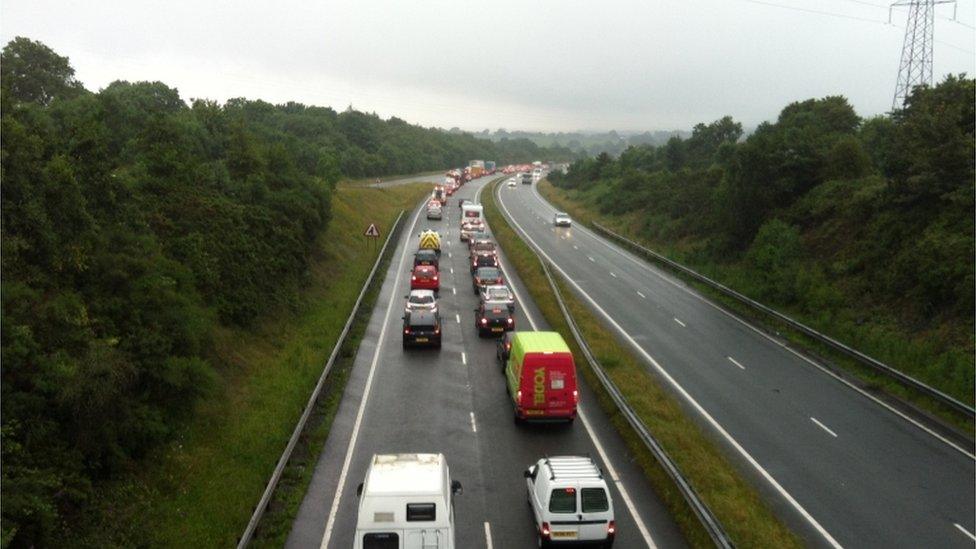
The UK government said any growth deal is about more than transport improvements to roads such as the A55
Wrexham MP Ian Lucas, who in January set up an all-party parliamentary group for the Mersey-Dee North Wales region, said existing bodies - such as the Mersey Dee Alliance and the North Wales Economic Ambition Board - could be used to lever external investment in the same way as the Cardiff city deal.
"It's not the body that matters, it's the power they have," Mr Lucas said. "Cross-border collaboration is really important."
But the key battlefields of railway electrification and better links to both Manchester and Liverpool airports remain.
"It takes 50 minutes to drive from Wrexham to Manchester Airport and 2 hours 11 minutes by train. There has been underinvestment for decades and the area is held back by lack of infrastructure.
"We have got a long shopping list because we have been short changed in the past."
'Welcomed'
Gwynedd council leader Dyfed Edwards also attended the meeting and told the BBC that working alongside north Wales could "add value" to the northern powerhouse project across the border.
"An example could be a link between north Wales expertise in the energy sector with research departments at Sheffield and Manchester University," he said.
"Devolution was never just about Cardiff. If this plan means that people in regions and communities will be making their own decisions, that will be very much welcomed."
But, like Mr Lucas, he said these partnerships depended on "improved transport links".
"Some of these issues we have been talking about for a long time. We are hearing more now about the north Wales metro, which we welcome," he added.
"But it is time to get some meat on the bones and find out what this really means.
"We must ensure that north Wales does not lose out on economic opportunities and new infrastructure in north west England."
Trickle down effect
Robert Lloyd Griffiths, director of the Institute of Directors in Wales, was cautious on the need for further devolution.
"Let's get it right now; there's a lot of collaboration taking place already," he said.
"If the growth deal does come off it will be massively beneficial."
Nisreen Mansour, policy and research officer at the Bevan Foundation think tank, agreed that the mechanism of local authorities and businesses working together made the plan very similar to the Cardiff city deal.
But, she warned, it was crucial that any growth deal benefited people across the region - including those working in rural low-paid tourism and farming industries.
According to 2015 TUC research, external, workers in north Wales' constituency of Dwyfor Meirionnydd were the third poorest in the UK, with more than half getting less than the living wage.
Ms Mansour said: "There is faith in the trickle down effect - but we have yet to see any evidence that that will happen. And with all the recent news about Tata, it is really, really important that any deal retains big business in north Wales."
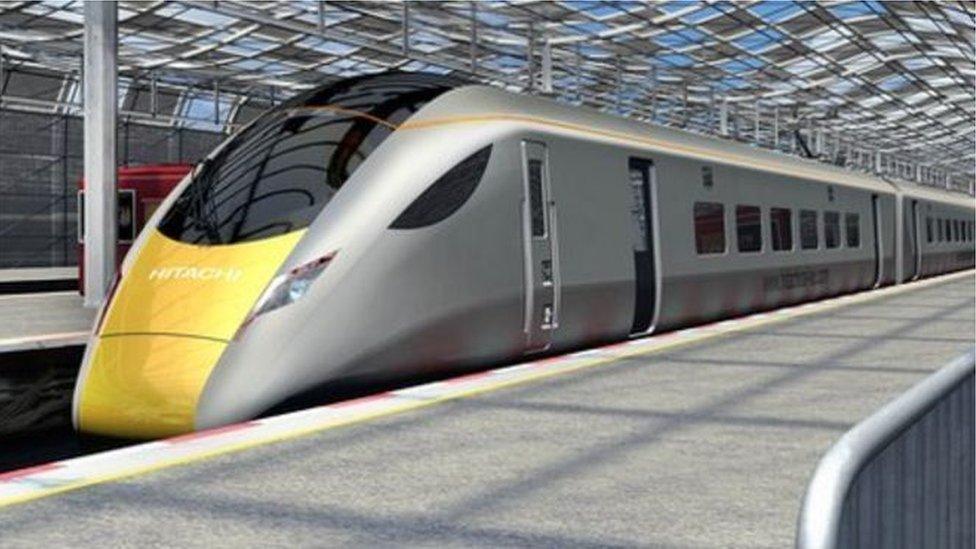
Six north Wales councils want the electrification of the main line to the region
The Welsh Government said it was "committed" to investing in every part of the country and said any claims north Wales has missed out "does not stand up to the facts".
It said more than £40m was being spent on improving the A55 by refurbishing tunnels and more than £200m in the A494/A55/A458 Deeside corridor, among other road projects, with a business case having been submitted to the UK Government for the electrification of the north Wales main line.
A spokesman said: "More money has been spent on road schemes in north Wales than the south east, with £135 per head spent in north Wales compared to £118 in south east Wales since 2011.
"In education, during the last financial year spend per school pupil in north Wales was £5,651 compared to £5,460 in south Wales, and over the past two financial years we have released funding of £5,410,892 to tourism businesses or projects in north Wales compared to £3,796,232 in south Wales."
The Welsh Government also pointed to a number of capital projects supported in north Wales, including the £2.7m Coleg Cambria/Airbus and Aerospace Training facility on Deeside, and the £30m Holywell Learning Campus.
- Published14 January 2016
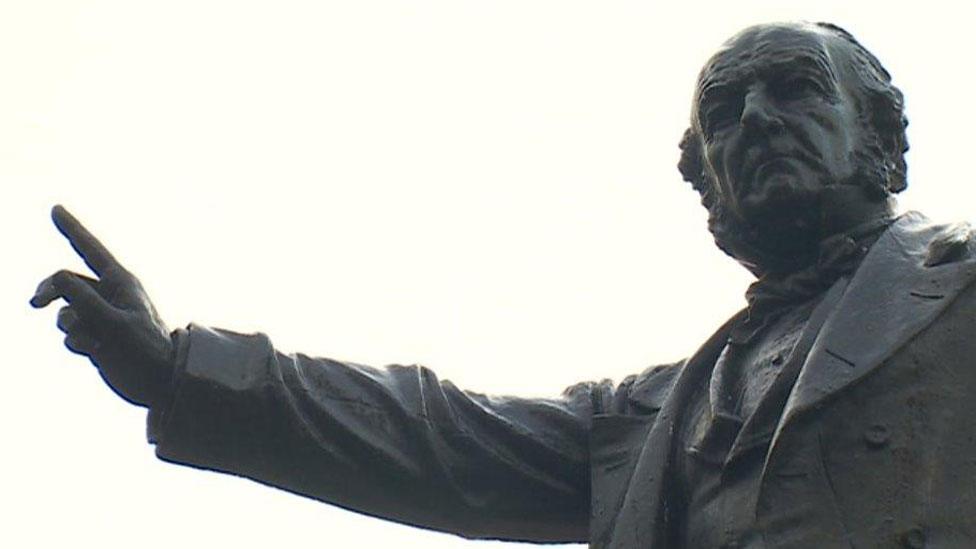
- Published12 November 2015
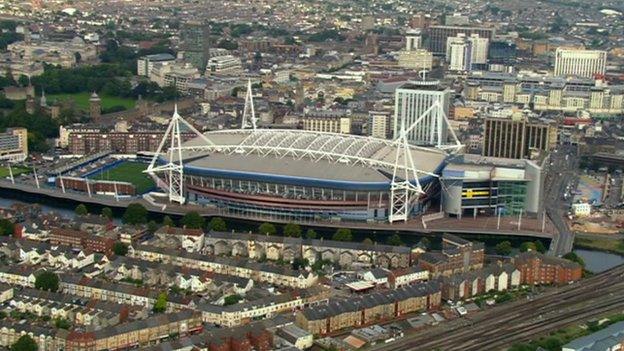
- Published9 November 2015
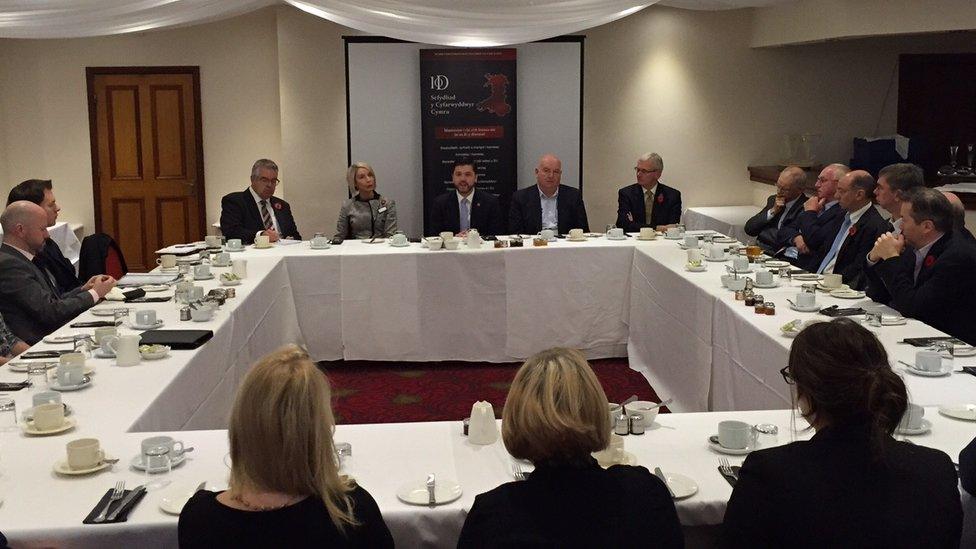
- Published3 June 2015
